Tips for traveling to France with Bus Rental during Olympics 2024
Following London in England, Paris is the second city in the world to have hosted the Summer Olympics three times (1908, 1948, and 2012). The inaugural Summer Olympics were held in Paris in 1900; there was no opening or closing ceremony, and just a few sports were played. Paris was once again the host in 1924. While certain sports had competed from May 4, 1924, the opening ceremony was held on July 5, 1924. In 2024, Paris will host the Olympic Games, marking a century later. On July 26, 2024, the 33rd Olympics are scheduled to begin with a ceremony. France has hosted three Summer Olympics, three Winter Olympics (Chamonix, 1924; Grenoble, 1968; Albertville, 1992). Additionally, this post will provide some tips on using bus rental during Olympics 2024 so that travelers may freely explore Paris while simultaneously watching the Olympics.
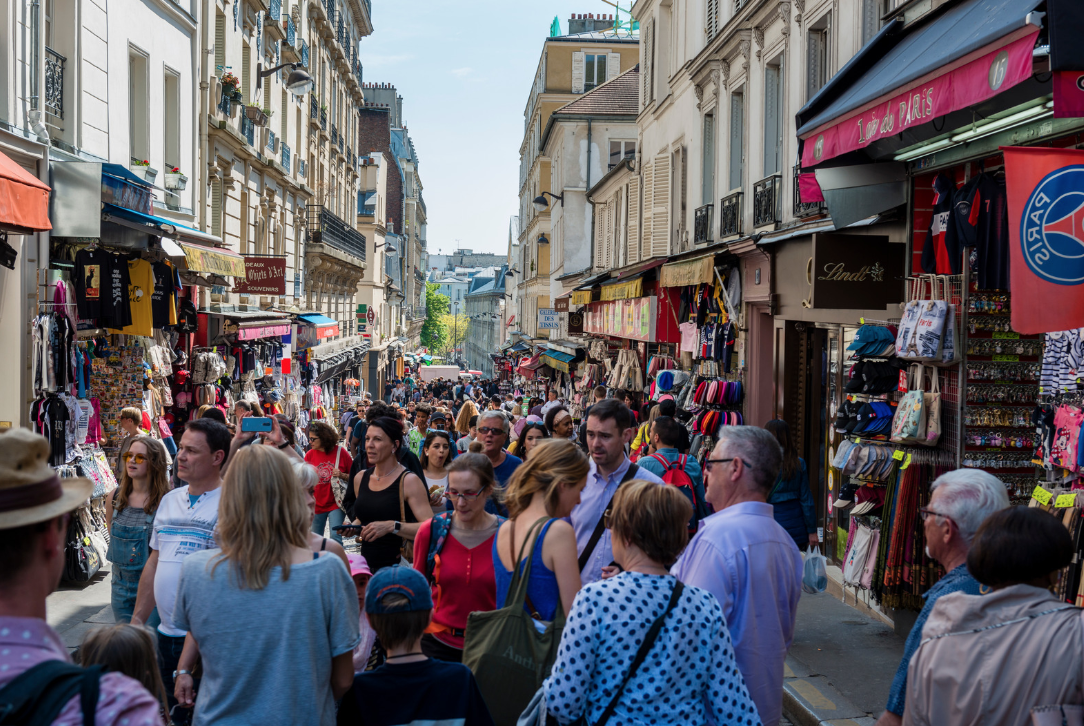
France is going to host the Olympics in 2024
1. Get your driver’s license ready
If you wish to use bus rental self-driving during Olympics 2024, you must first thoroughly prepare for this. Please confirm that your driver’s license and identity documents are current and properly registered with us. If you don’t have enough documentation, you can rent a bus rental with a driver available, albeit the cost of the rental will be slightly more.
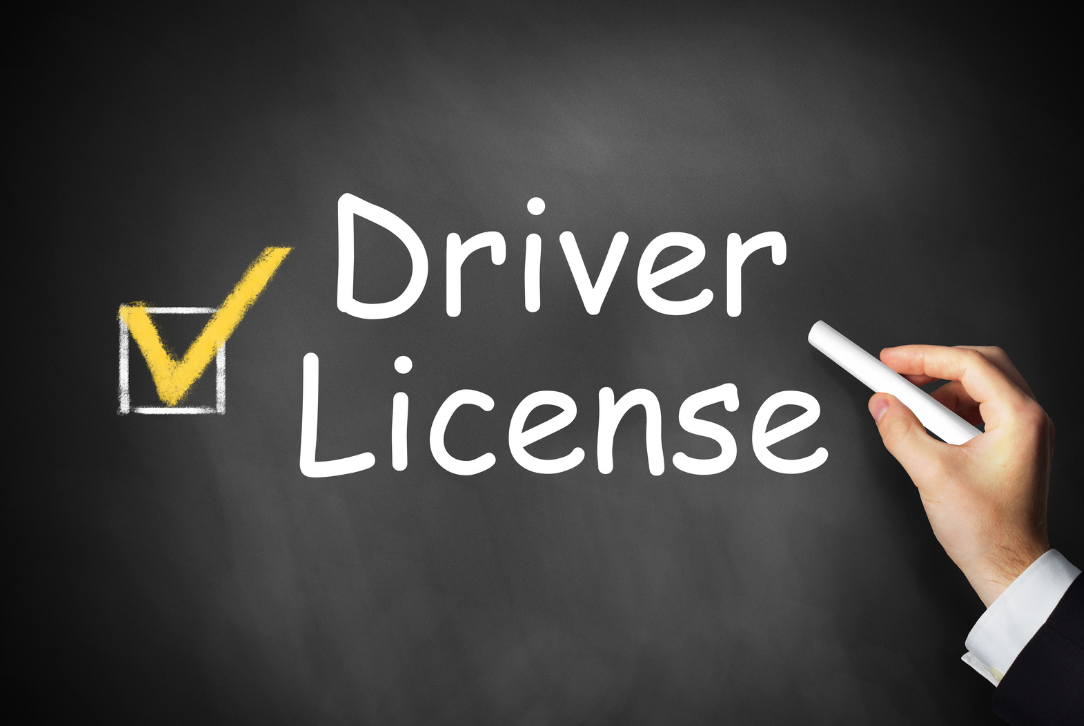
Don’t forget your driver’s license
2. About bus rental
In industrialized nations like America, Europe, or elsewhere, renting a bus rental during the Olympics 2024 is very easy. Numerous offices for automobile rental companies are situated directly at the airport, and many of them provide affordable pricing. In addition, visitors can also rent cars through online websites.
>> See more: Car rental points from 4 seats to 16 seats with full amenities
You’ll need your passport, driver’s license, and credit card in order to use bus rental services during the Olympics 2024. They’re all essential. In addition to covering the rental cost, the credit card will “keep a deposit” in case additional costs arise, such as receiving a ticket or being in an accident. To avoid mishaps, you should also purchase insurance. If you are unlucky enough to get into an accident without insurance, it’s game over. These are incredibly expensive in Europe. Generally speaking, simply get insurance to be sure.
When you arrive at the vehicle rental location, all you have to do is call the office of the car rental business to complete a few additional steps, pick up the car keys, and drive away if you rent online and make your reservation the day before. Before picking up the car, the petrol tank will be filled. Additionally, you must refill the automobile when you return it.
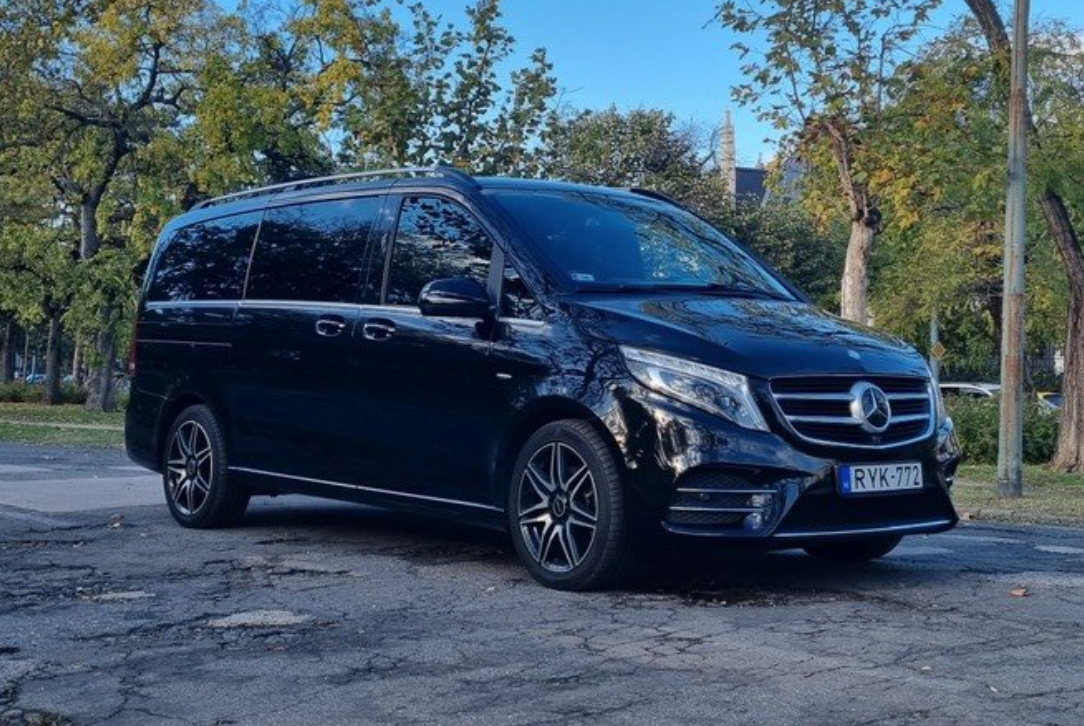
Bus rental by PTbusrental.com
3. Bus rental costs
The majority of providers offer identical or barely different bus rental costs. Prices will vary based on the type of car. Economy automobiles are less expensive than luxury cars, small cars are less expensive than large cars, and manual autos are even less expensive. With gas and a rented automobile, the average cost of my trip is about 70-100 euro each day; this does not include the cost of the roads, bridges, or other associated expenses. I didn’t rent a fancy car; it was just an Opel, nothing special. Naturally, renting a Volkswagen, Audi, BMW, or Mercedes will cost more. Depending on what you require.
It appears that renting a self-driving bus rental will cost more when compared to other forms of public transit. But renting a car is a more cost-effective option than taking public transit if you’re an adventurer who needs to visit a lot of locations. While using bus rental services will generally cost the same if you travel extensively, it will be more convenient for guests spectating during the Olympics 2024

Consider the benefits and price
4. Traffic laws and driving rules in Europe
It is advisable to dedicate some time prior to your travels to familiarize yourself with traffic laws and any unique regulations in the countries you will be driving in. With a few exceptions, traffic laws and signs are essentially the same. However, if you don’t learn about them beforehand, those distinctions may confuse you.
The leftmost lane on European highways is exclusively for passing; it is not for lane keeping. You have to go into the inside lane after passing. If you refuse to enter, you can be arrested by the police, or worse, you might be fined or reported by someone. There are places on the German Autobahn where speed limits don’t apply, therefore many vehicles exceed 200 km/h. Thus, the far left lane is always designated for overtaking or exceedingly fast moving vehicles. Even at a speed of 180–190 km/h, they continued to pass me. It’s probably acceptable, no joke, if you’ve just passed by and aren’t used to jogging at fast rates.
On the other hand, driving on a highway is far easier than driving on city streets. Simply stay in the correct lane and travel at the appropriate pace when driving on the highway. Green lights, red lights, left turn lanes, right turns, straight ahead, yield to pedestrians, trams, roundabouts, etc. are all present in the inner city. Specifically, there are signs indicating residential areas and speed limitations. 50 km/h or less, contingent upon the presence or absence of a sign. If you are not prone to speeding, please take note of this. When speeding on a roadway, there will be an advance warning sign. The inner city appears to have none.
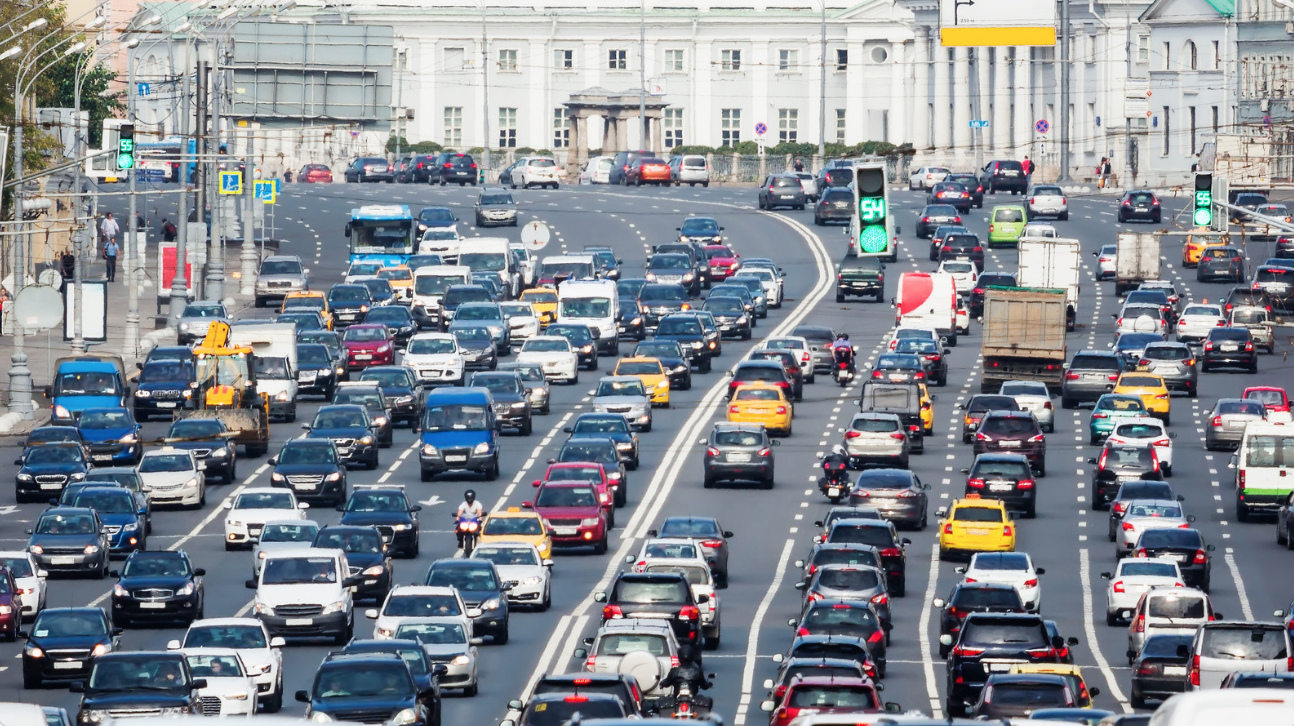
Please follow the law when driving to protect yourself
5. Toll and parking fees
It’s also crucial to remember that every nation is unique. In Germany, nothing is charged; all roads and bridges are free. However, if you drive across France, Austria, or Switzerland, you have to purchase a Vignette, or toll ticket. Switzerland has the most expensive prices; I seem to recall paying about 40 euros there. Austria and France are roughly ten euros less expensive. You will be penalized if you don’t purchase something, so do your homework before making a purchase.
After reaching the border, Vignette is typically sold at rest areas along the roadway. Be alert and make sure to stop and ask to purchase when you are driving between the two countries’ borders. The majority will be offered for sale. Furthermore, some historic communities in Europe demand an admission fee for cars. It will cost you money if you don’t buy it.
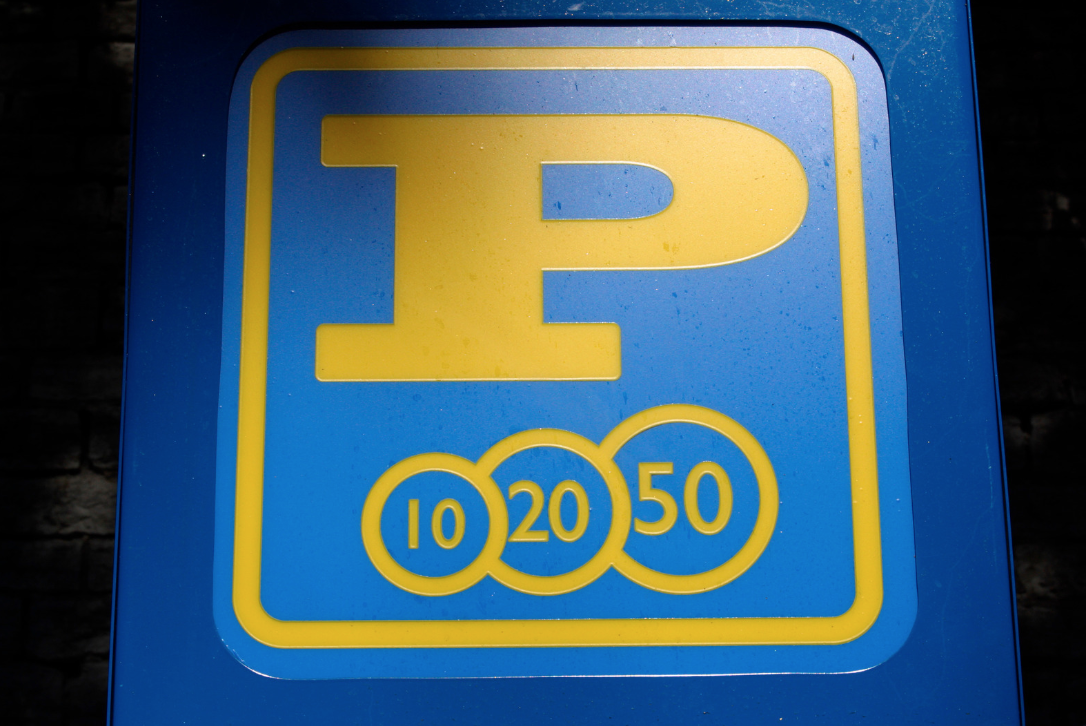
Parking fee sign
6. Navigation system (GPS)
Without a GPS, driving in France is completely blind and you have no idea where you’re going. While some cars will come with a GPS system installed, others will need to be rented separately. Our recommendations are to purchase a 3G–4G phone SIM and utilize Apple Maps or Google Maps for navigating. Be sure to select a SIM card with roaming support across European nations when making your purchase.Select reliable locations to receive the greatest help with fully equipped bus rental and GPS systems to avoid hiring subpar vehicles during Olympics 2024
Europe appears to have adopted data roaming by now. Additionally, keep in mind to select the kind of SIM card that will allow for continued use of the slow speed in the event that the high speed fails, but will completely destroy navigation. In the event that your data connection is lost, downloading offline maps from Google Maps or HERE is an additional option. Just make sure not to let that happen
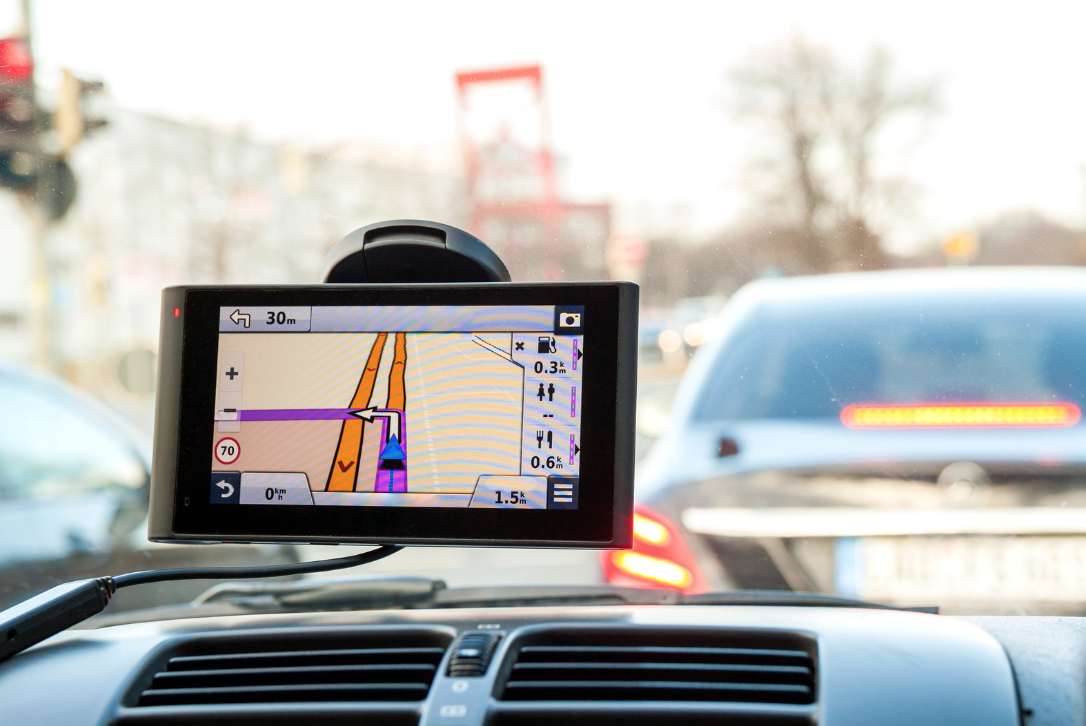
Navigation system is very important
>>> See more: Olympics 2024 Schedule
7. Absolutely do not drink alcohol and drive
Drunk driving is a very serious crime in Europe. It is preferable to abide by it. You will face severe consequences if you break it. Since I haven’t experienced it, I can’t say how much trouble it will cause, but practically everyone in Europe and other industrialized nations is terrified of this. Thus, avoid drinking and driving to enhance the enjoyment of your trip.
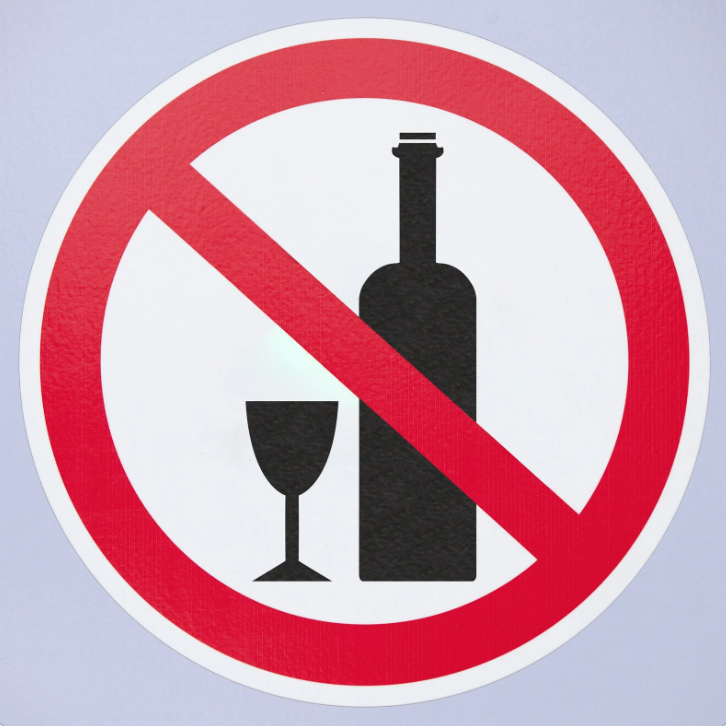
Avoid consuming alcohol while operating a vehicle
8. Drive safe
To ensure a smooth and enjoyable trip, drive carefully. In European countries, there is a high vehicle density and a high average travel speed on highways. It is very easy to have a continuous collision after one on the highway, which is incredibly dangerous. So make an effort to drive sensibly and attentively.
Avoid being arbitrary! Europe experiences chilly, frequently snowy winters. The roads are quite slick, so you must drive carefully and attentively. Rent a vehicle with two-wheel drive and winter tires if at all possible. You have to exercise a little extra caution when running.
Everyone, please drive carefully!
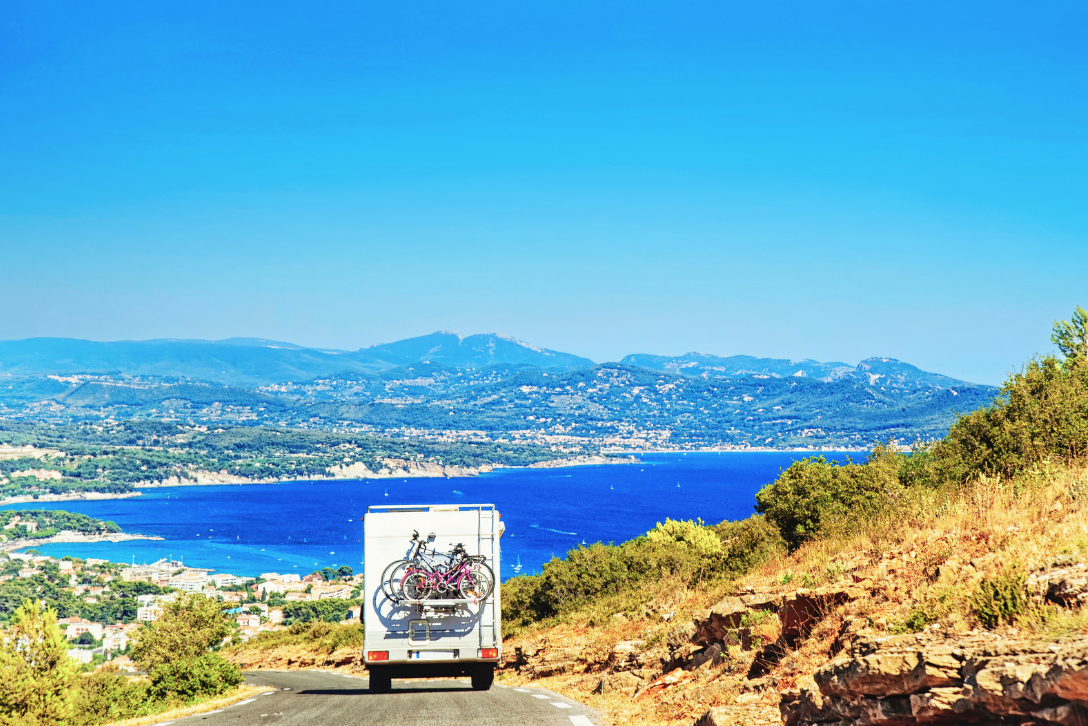
Enjoy the beauty of the roads by driving carefully.


Leave a Comment